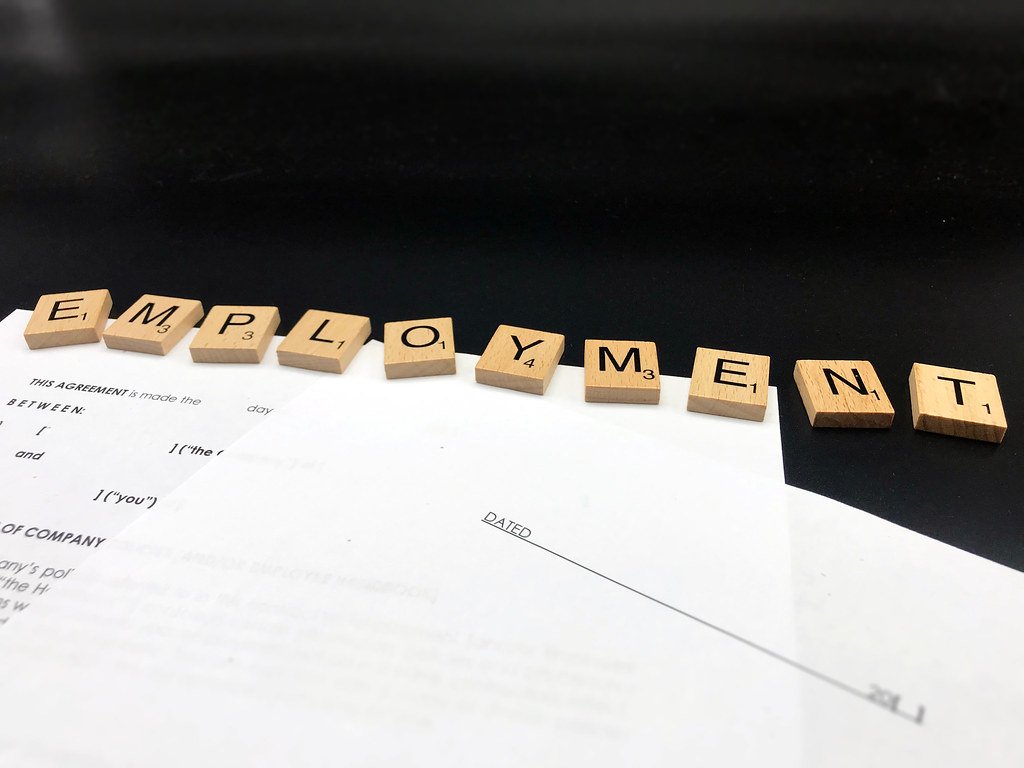Between jobs, survival skills are as important as job search skills. You can’t tell how long you’ll be unemployed until you’ve already secured work. Like most people, you probably think being jobless is a bad thing. With no money coming in, you’re undoubtedly worried about losing your house or worse.
Are you navigating the transition between jobs? Whether you’re leaving a position or actively seeking a new opportunity. This period can be both exciting and challenging. In our guide, we outline seven crucial steps to help you make the most of this time. That updating your resume to explore new skills. Learn how to stay productive, maintain financial stability, and set yourself up for success in your next role.
Why Important Steps to Take If You’re Between Jobs.

1. Maintain a Positive Attitude
Keep cool after losing your job. Even if you were fired unfairly, do not panic or lose control of your emotions. No matter how you were fired, you must remain calm. The future is bright if you committed a mistake and were dismissed for legitimate reasons.
If you were unlawfully fired, you should sue. But slandering the firm online will not help you. It may harm your case.
2. Begin cutting back.
Personal spending should be reduced quickly. It won’t be enjoyable to tighten your belt for a few months, but it may be necessary for your financial security. You don’t want to fall behind on your rent, mortgage, or auto payments right now.
Your bank and credit card accounts will reveal how much you may save.
Here are a few easy and Important steps:
- Eat at home instead.
- Avoid coffee and food at coffee shops
- Cancel numerous streaming services (Hulu, Netflix, Amazon Video, etc.)
- Terminate your gym membership
- Set a food budget
Most individuals are unaware of how much they spend on needless (and often unusable) goods.
3. Change Your Life Path.
For the majority of us, our prior jobs were not enjoyable. Most individuals despise their employment (85%). Nobody enjoys working and being away from home, but you don’t have to dread it. Use your unemployment to change your life. So, you’re content with your job? What do you want to do?
Jobs don’t have to satisfy our life purpose, but they should. People who care about animals, for example, might choose a sanctuary over a factory farm.
4. Find a temporary solution to the problem.
Finding temporary employment to help pay the bills while you figure out your future professional path might be difficult. For Uber or Lyft, for example. DoorDash also allows for a lunch delivery.
Remember that it is just temporary. No matter how “below” you believe the work is, every dollar counts when you’re unemployed.
You might also sell your unused items online, do little favours for neighbours, rent out a spare room, or discover other methods to make fast money online.
5. Address Health Insurance Issues.
Most individuals don’t consider their health insurance options while between jobs. Most individuals are covered by their employer’s health insurance plans.
Find out what to do if you lose your job and insurance. You may become bankrupt if you become ill or hurt right now.
Without a grace period, most insurance plans would be cancelled. We suggest temporary health insurance or Medicaid.
6. Update Your CV.
A lot might be added to your resume based on your prior employment. Even if you were dismissed, your work experience might help you find a new job.
Regardless, you should update your CV to be taken seriously by prospective employers. When was your last resume update? Five years ago?
When asked why you’re searching for a new job, you should be honest and forthright. New employers usually inquire why you left your Important employment.
If you were dismissed, be honest about it. But they may be ready to disregard reality. If you begin your professional connection with a lie, they will not ignore this.
7. Be Productive.
Finally, staying active and productive is important for your mental health and morale. While it may be tempting to sleep in till noon and binge-watch new Netflix episodes, you have more essential tasks to accomplish.
But this goes beyond job seeking. During this period, you should also catch up on any unfinished home tasks or duties. Remain productive to stay happy.
Some Important ideas:
- Finish any unfinished home tasks and duties.
- Begin a new workout program and food plan.
- Pursue hobbies (writing, drawing, knitting, etc.)
- Sell your old automobile.
- Sell your goods online to earn money.
While you can’t fully ignore your job hunt, utilize the additional time to enhance other aspects of your life.
Please read our other articles for further job-hunting advice and career guidance. Our site is committed to helping individuals like you better their lives.
Conclusion
In today’s dynamic job market, transitioning between jobs can be challenging. By following the seven important steps outlined in this guide. You can navigate this period with confidence and purpose. Remember to focus on self-care, and stay proactive in your job search. With a positive mindset approach, you can successfully transition to your next opportunity.
FAQs
How do I prepare financially for a job transition?
- Start by creating a budget to understand your financial situation.
- Build an emergency fund to cover unexpected expenses.
- Consider temporary or freelance work to supplement your income during the transition.
How can networking help me during a job transition?
Networking can connect you with job opportunities that are not advertised. Attend networking events, and join professional groups. Use social media platforms like LinkedIn to expand your network.
How can I stay motivated during a job search?
Set realistic goals and celebrate small victories along the way. Stay connected with friends, family, and mentors for support and encouragement.
Should I consider professional development or training during a job transition?
Yes, investing in professional development can enhance your skills. Look for online courses, workshops, or certifications relevant to your field of interest.


